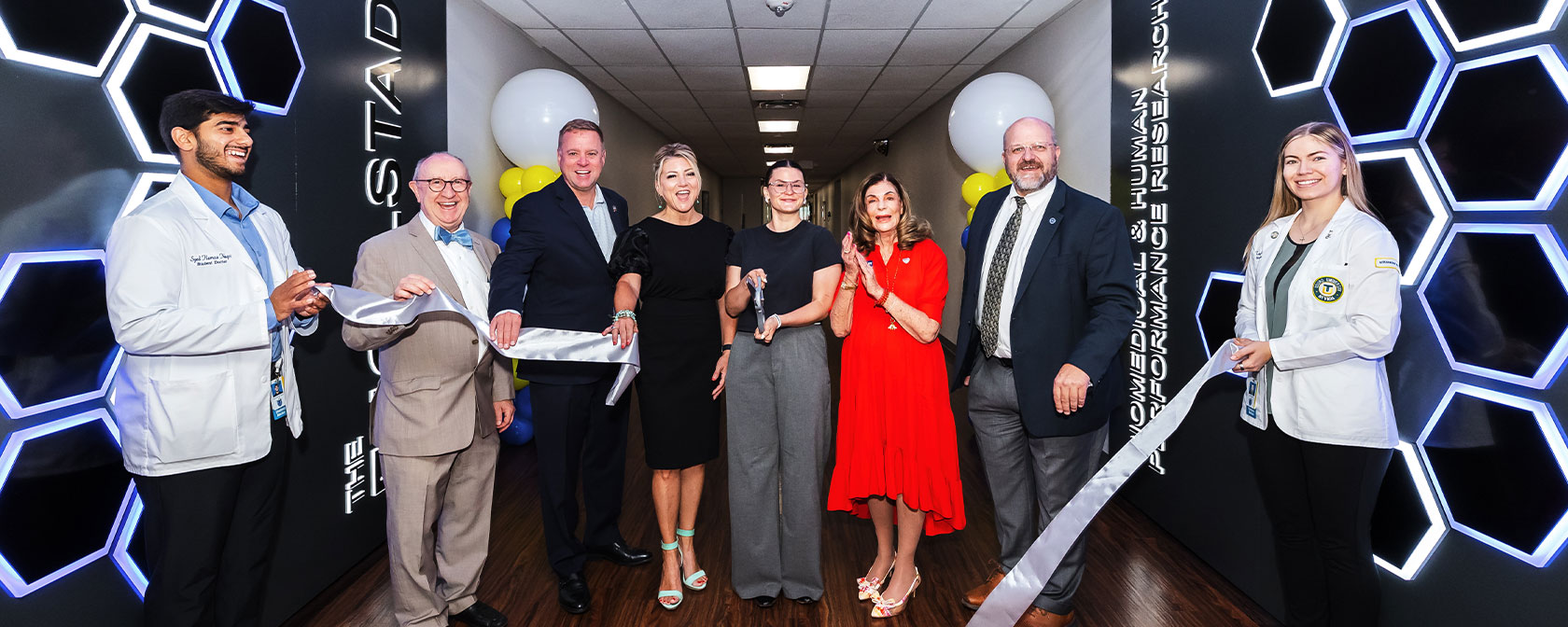
College of Osteopathic Medicine Receives $500,000 for Cancer Research, Engelstad Research Complex Opens
Touro University Nevada College of Osteopathic Medicine has received $500,000 from the Engelstad Foundation to advance groundbreaking cancer research and to develop a drug that prevents cancer metastasis.
“We are grateful to the Engelstad Foundation for continuing to trust Touro’s work as we inch closer to a transformative discovery and advancement in the treatment of cancer, particularly given that most cancer deaths occur when cancer spreads,” said Steven Peralta, chief strategic development officer, Touro University Nevada. “A drug that reduces the chances of metastasis, combined with existing therapies that target cancer cells, could be a real game-changer in the treatment of cancer.”
Led by Dr. Aurelio Lorico, Professor of Pathology at Touro University Nevada, the research team works in close collaboration with more than 10 institutions worldwide, including researchers from Germany, Italy, and Japan. Together, the team made a groundbreaking discovery about the specific nuclear transport pathway which tumor cells use to communicate with potential sites of metastasis. The team has been diligently working on developing a potential drug that would take advantage of the newly discovered pathway in order to stop metastasis.
The drug has already advanced through five steps of preclinical testing with the financial support of the National Institutes of Health, the Engelstad Foundation, and the Touro University System. Additional preclinical studies are underway studying the drug’s efficacy, pharmacokinetics, pharmacology, and toxicology studies. The initial goal is to receive investigational drug status with the FDA, opening the way for clinical trials.
This gift from the Engelstad Foundation will be applied over the next two years and supports research conducted within the Touro University Nevada’s Engelstad Research Complex. This complex was created with support from the Englestad Foundation’s gifts totaling $1.8 million. The Engelstad Foundation is a longstanding supporter of Touro University Nevada. So far, the Englestad Foundation has gifted over $8 million to the university to fund scholarships, partnership programs, mobile health care outreach, and bench-to-bedside research. The Engelstad Research Complex spans 6,000 square feet of laboratory space for cell culture, state-of-the-art equipment for performing immunology, proteomics, cell biology and molecular biology experiences, human performance research and more.
“Not only are we investing in hope, but in results when it comes to Touro University Nevada,” said Kris Engelstad, CEO of the Engelstad Foundation. “We are cheering on the brilliant minds that, we believe, are truly on the brink of making a global impact within the cancer research and treatment realms. As shown with this specific endeavor, it takes a true team firing on all cylinders. We are proud to be a part of it.”
“Given that more than 90 percent of cancer deaths are attributed to some form of metastasis, our research is focused on how to prevent or minimize the formation of metastases,” said Dr. Lorico. “This is an especially critical area of study given that there are proven ways to stop or delay cancer growth, but little is known about the mechanism of metastasis formation. We know there is mutual communication between cancer cells and normal cells, and that the key to changing long-term behavior in a cell is entry into the “control center,” or nucleus of a cell. Thanks to the Engelstad Foundation, we are one step closer to developing a drug that stops this cell communication, thereby reducing cancer deaths and improving treatment outcomes.”



